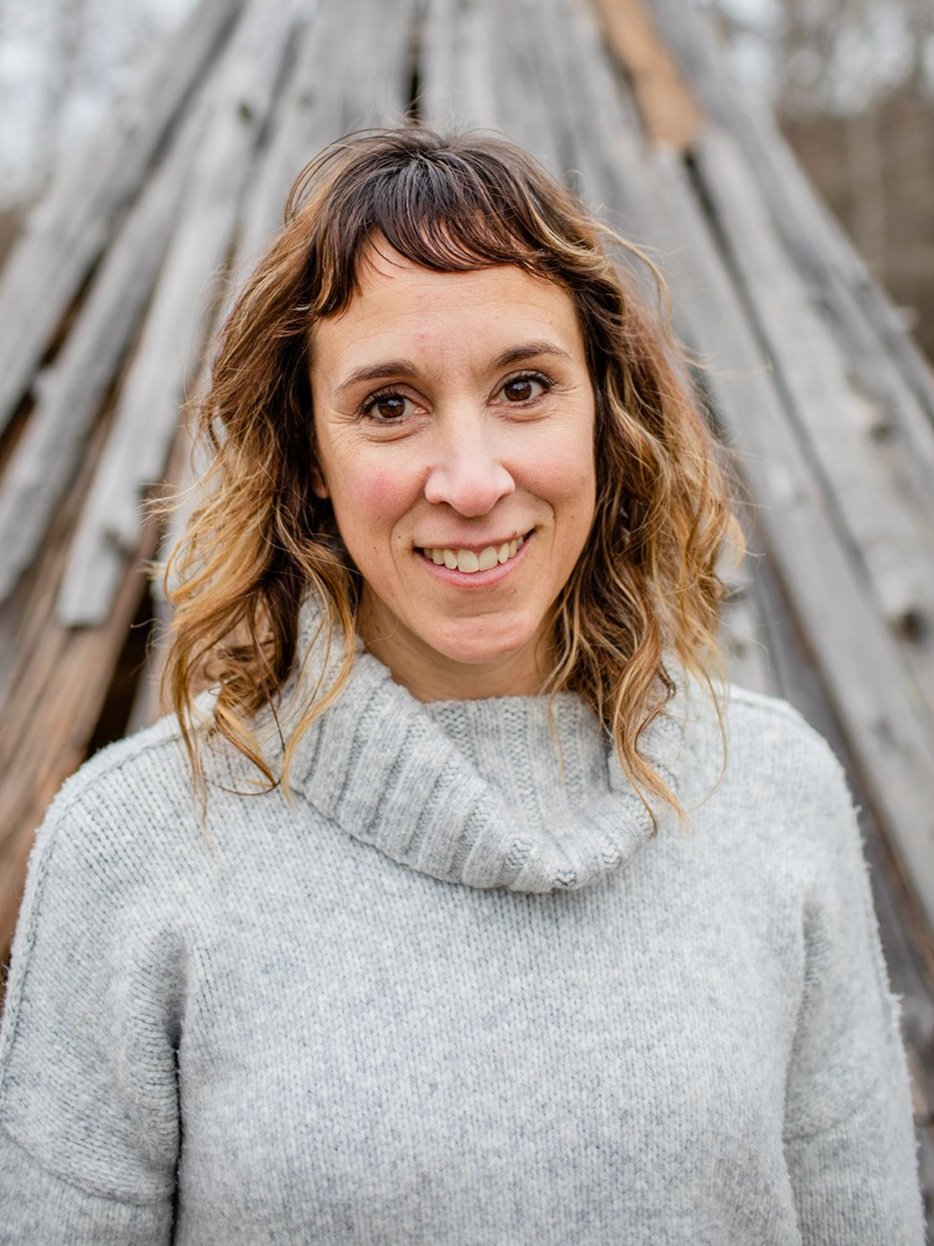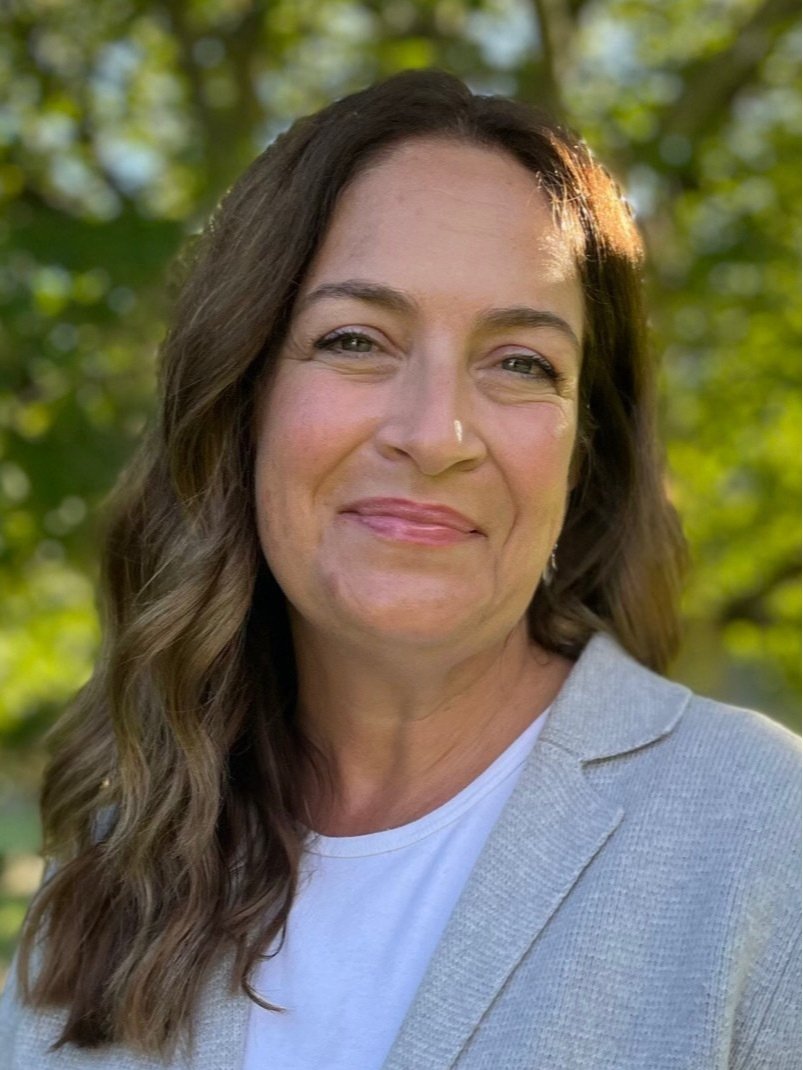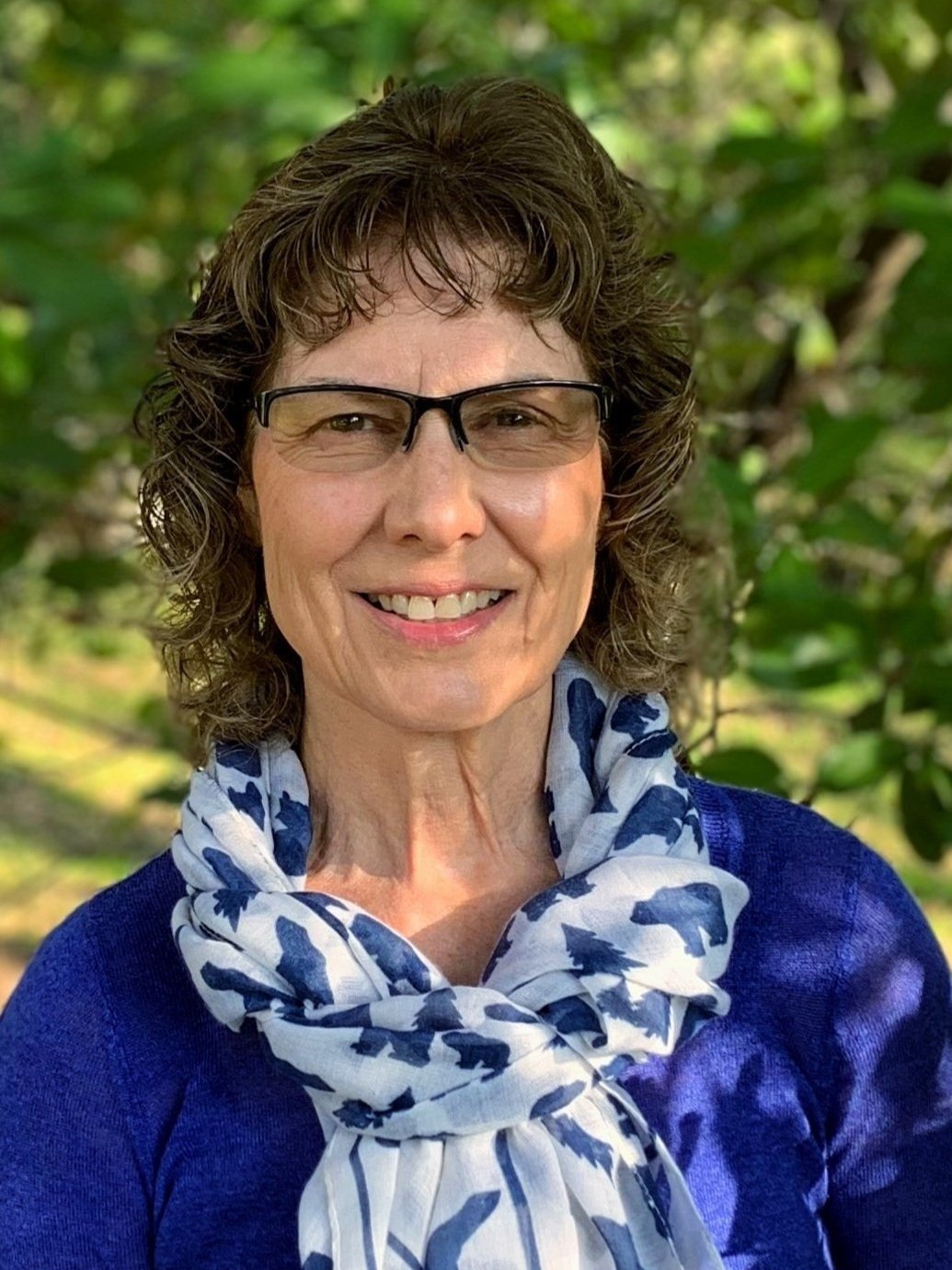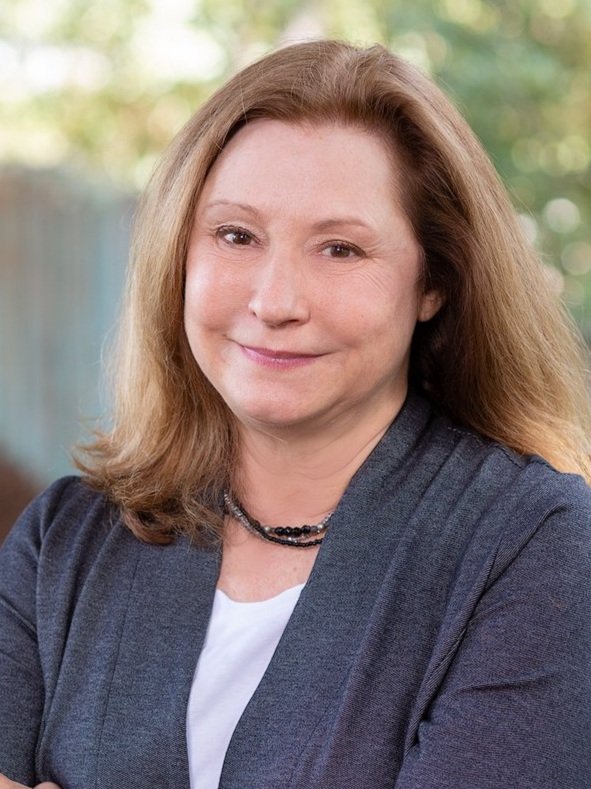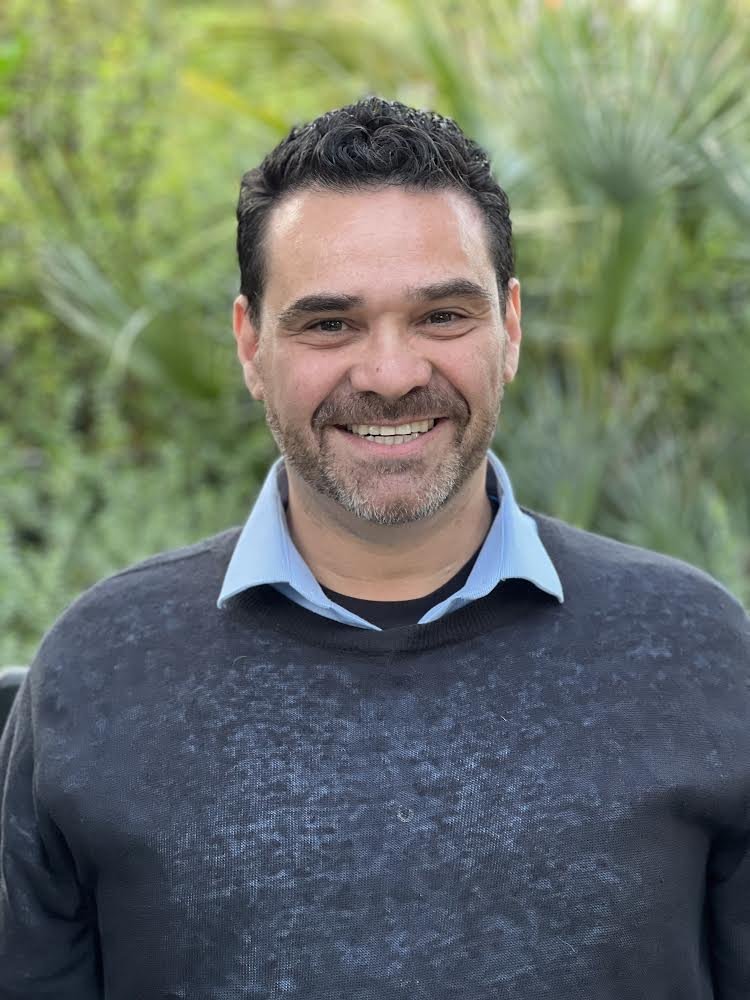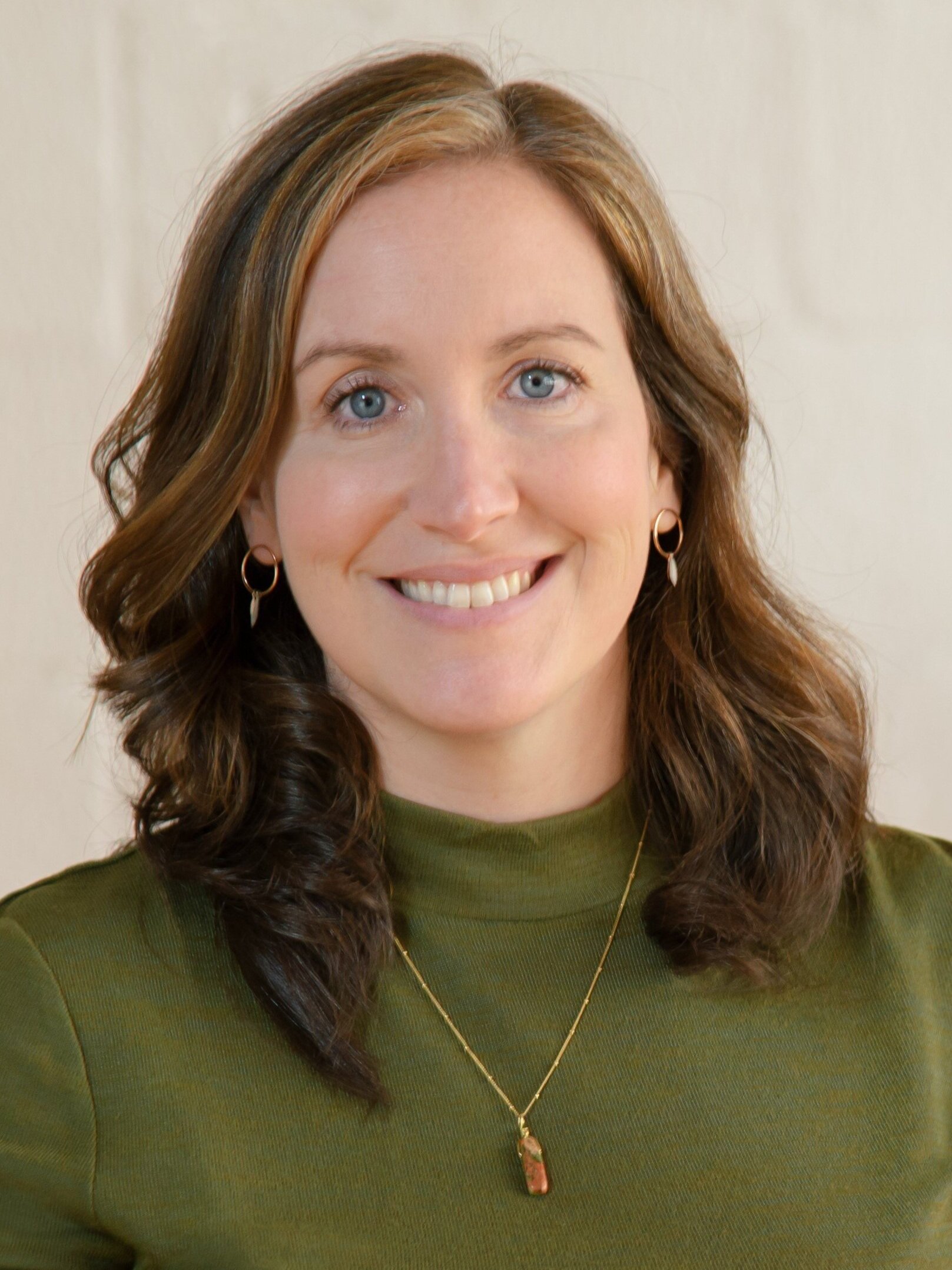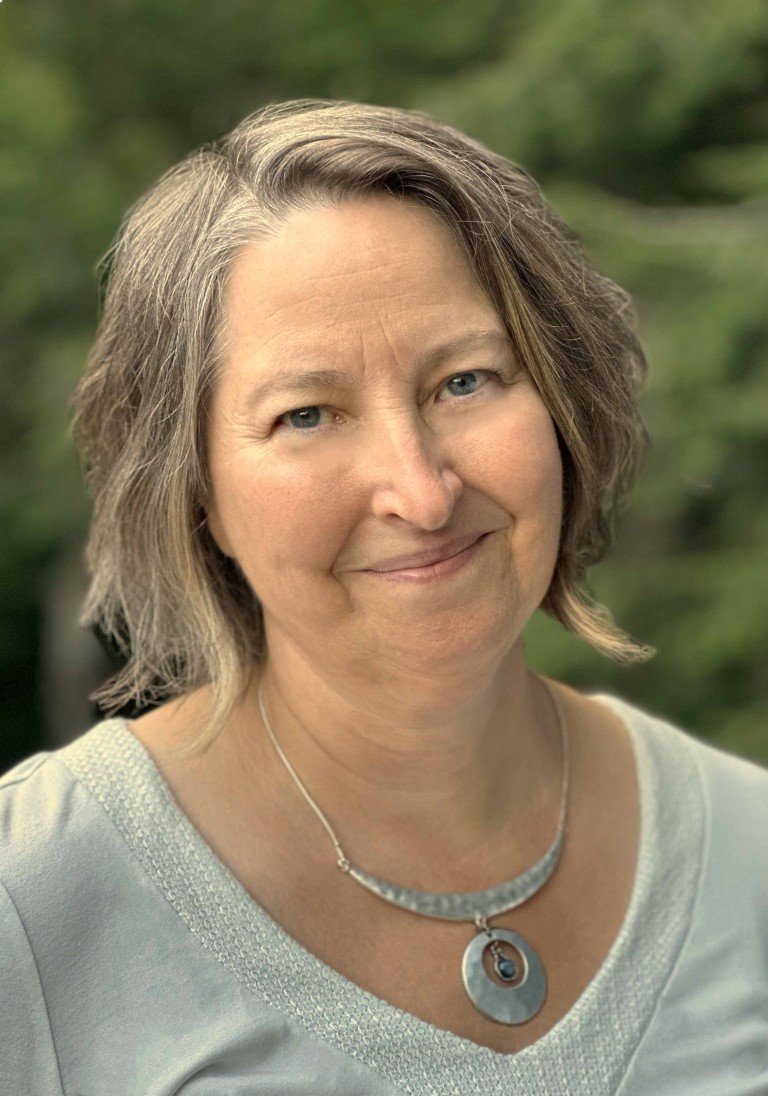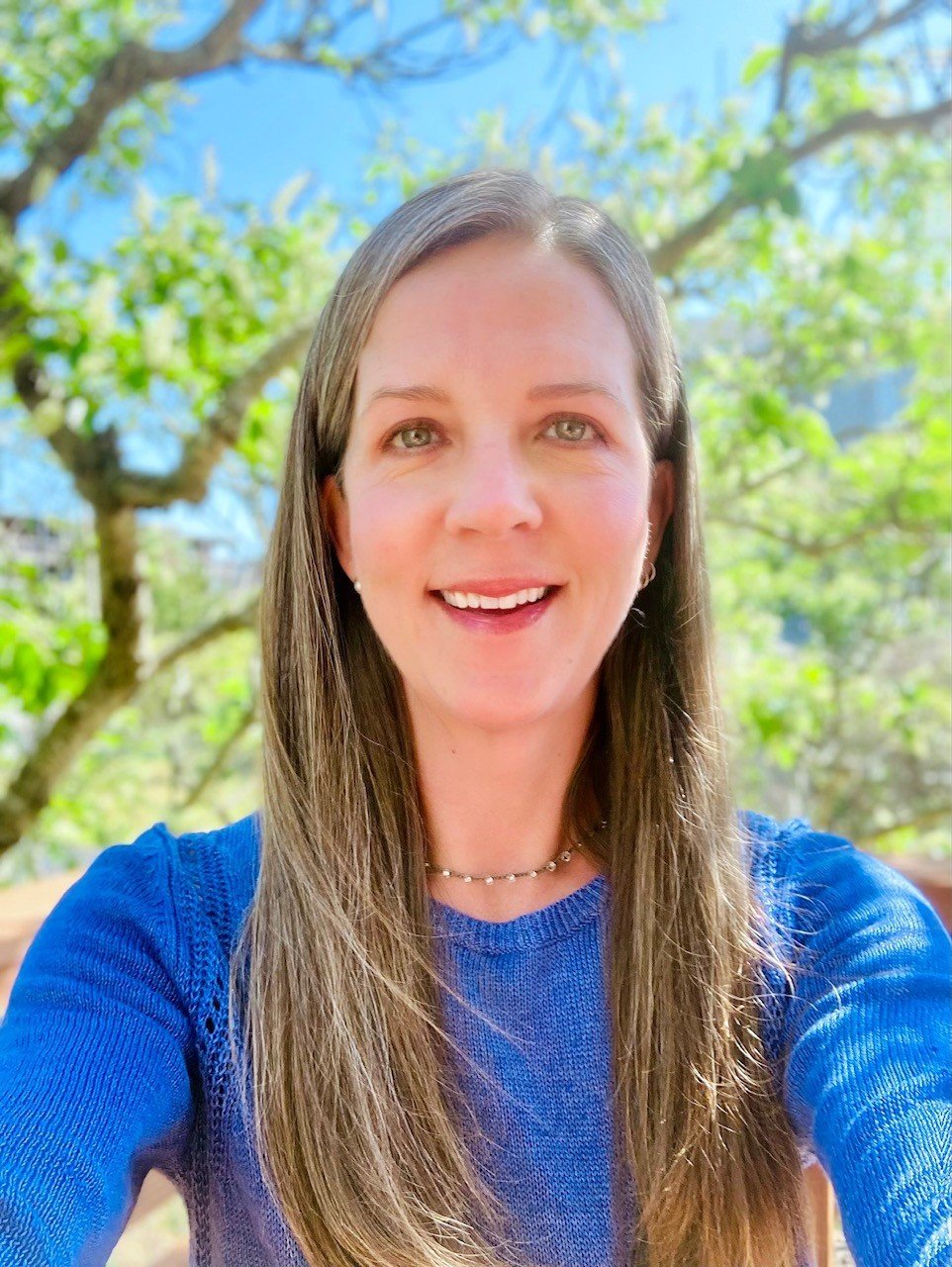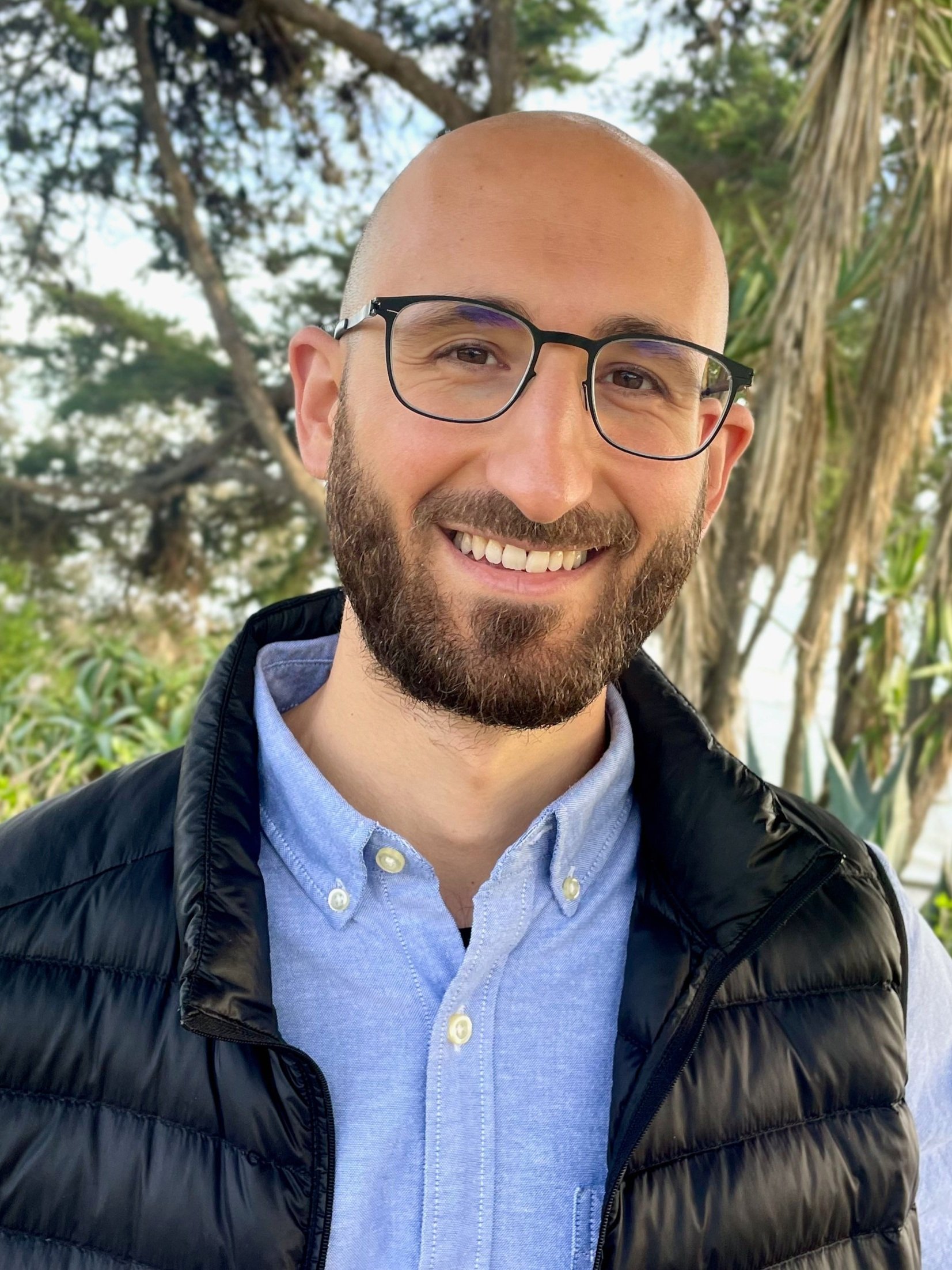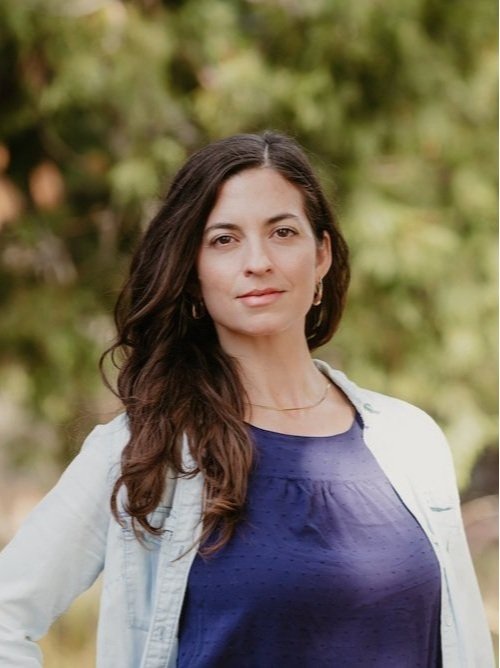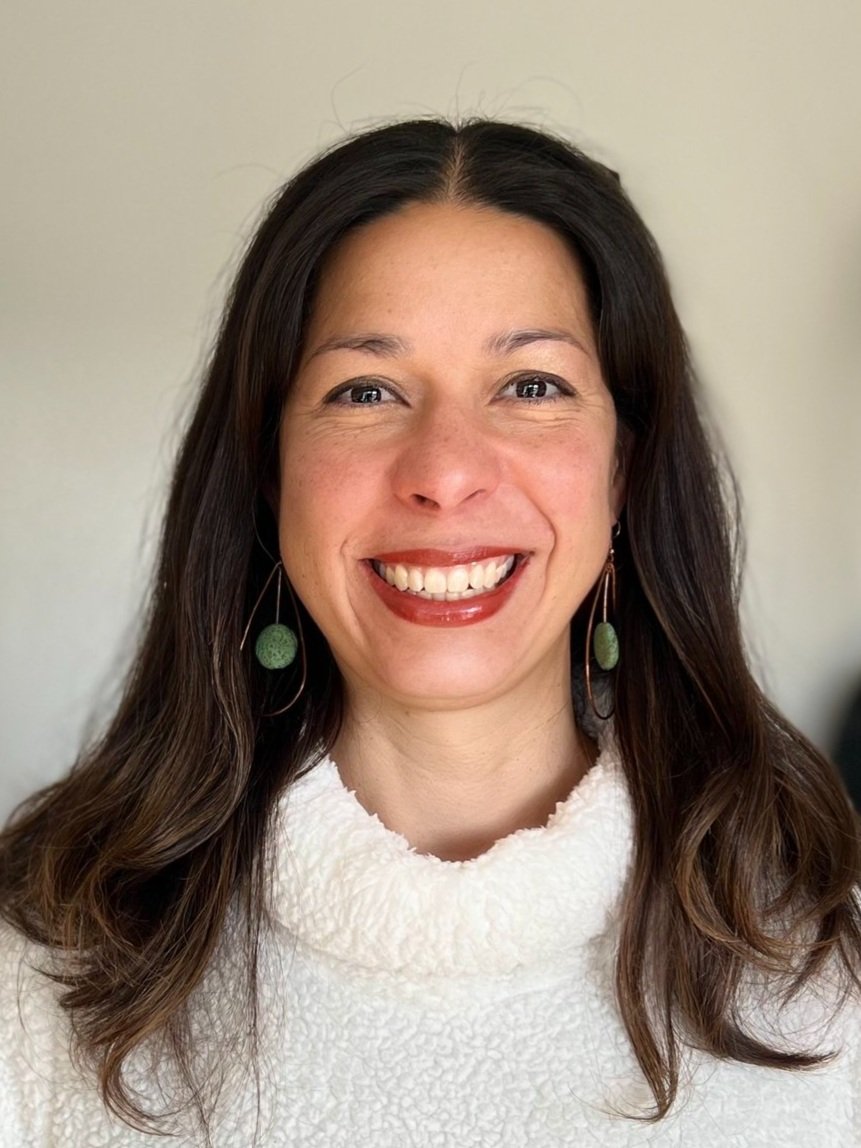
IFS therapy for Self-Esteem

Have you had enough of comparing yourself to others and competing for approval?
Do you lack enough self-confidence to pursue what you deeply long for?
Perhaps you’ve been told by family, friends, or teachers that if only you looked or behaved differently, you’d be accepted and cared for?
Do you silently repeat those same messages to yourself, privately becoming your own worst enemy rather than a true friend to yourself?
If you grew up in an environment where you doubted your value because of trauma, poor attachment, or other devaluing experiences, you may have looked for ways to prove your worth and dispute and negative messages you may have believed.
In your youth, were you searching like a detective for what would please others so they would value and accept you just as you are? Early efforts to crack the code for authentic belonging can feel exhausting and ultimately unsatisfying.
Staying outwardly focussed on other people also distracts from deeper feelings of inadequacy which, when left unattended, fester over time. What begins as yearning for approval can become desperate attempts to verify you’re worthy of love, that you are lovable. The impact of more extreme attempts can result in unhealthy relationships that lead to more wounding and self-sacrifice.

The love that you so desperately crave is within you.
It's time to clear up those early lies taken in as truths and discover the gifts that are uniquely you.
Some of the more common self-esteem challenges include:
Perfectionism and controlling
Feeling like a performer or an imposter
Faking it until you make “it”
People pleasing
Difficulties with boundaries
Feeling like you just don’t belong
Self-doubt, self-criticism, and self-blame
Never good enough, smart enough, attractive enough
You deserve to love yourself.
We can help. Get started by scheduling a free consultation.
With IFS, your therapist will help you release the burdens of unworthiness to reclaim the blessings of wholeness and connection that are your birthright.
Along the way you are likely to encounter many striving parts attempting to overcompensate for underlying feelings of worthlessness, while other protective parts work hard to soothe and distract from their burdens. These parts may also carry cultural and legacy burdens prevalent in the United States. Most Americans carry societal burdens of racism, patriarchy, individualism, and materialism, as Dr. Richard Schwartz wrote in his book No Bad Parts.
“Each of these legacy burdens combines with the others to create the pervasive sense that we are all disconnected and on our own in a dangerous, dog – eat – dog world.”
When devaluing experiences from home and society collide, parts of you may become overwhelmed with a sense of hopelessness.
With the IFS process, you’ll learn to transform the negative beliefs, trauma and devaluing experiences that keep you from celebrating every part of yourself and embracing greater meaning in your life.
How is IFS different from other therapies?
With IFS, you’ll become intimately familiar with your inner world in a way that is safe and intuitive, as guided by your therapist.
“The natural state of the human mind is to contain an indeterminate number of subpersonalities that we call parts. Most clients identify and work with between 10 and 30 parts through the course of therapy. Because of the way parts present to us, we conceptualize them as inner people of different ages, temperaments, talents, and desires who form an internal family or tribe.”
- Schwartz and Sweezy Internal Family Systems Therapy.

Get started with IFS therapy for self-esteem
The path of discovery is full of surprises as we learn more about who we really are and how we can feel whole again. Healing inside is reflected in healing relationships, and finding a skilled therapist at the IFS Telehealth Collective who can help is worth it. Online therapy with an IFS Telehealth Collective therapist can support you. You’ve made it this far – keep going?
If you live in California, Florida, New York, or Oregon, please contact our Client Care Coordinator or call (888) 850-6061 to help you get matched with an IFS trained therapist. We are here to support you as you explore your internal family system and learn more about your relationships.



